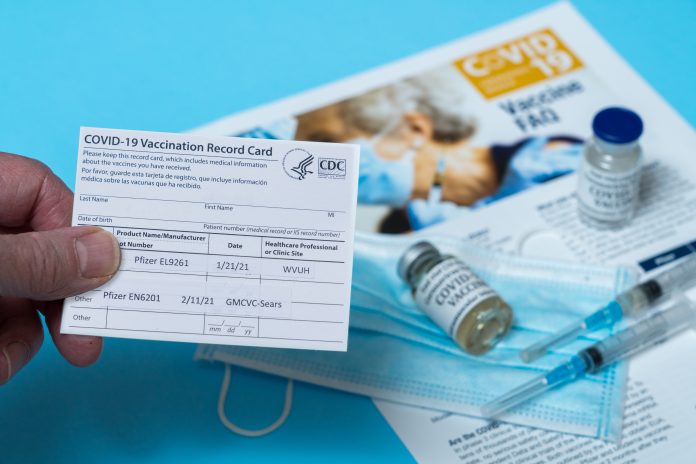Findings from a new study strongly emphasise why the second dose of the COVID-19 vaccine should not be skipped
Researchers at the Stanford University School of Medicine conducted a new study to discover what effects the Pfizer vaccine has on the numerous components of the immune response.
“The world’s attention has recently been fixed on COVID-19 vaccines, particularly on the new RNA vaccines”, said Bali Pulendran, PhD, professor of pathology and of microbiology and immunology.
“Despite their outstanding efficacy, little is known about how exactly RNA vaccines work, so we probed the immune response induced by one of them in exquisite detail.
“This is the first time RNA vaccines have ever been given to humans, and we have no clue as to how they do what they do: offer 95% protection against COVID-19.”
The second dose of a COVID-19 vaccine induces a powerful boost to a part of the immune system that provides broad antiviral protection
The team analysed blood samples from 56 healthy volunteers before and after their first and second COVID-19 vaccines.
They counted antibodies, measured levels of immune-signalling proteins and characterised the expression of every single gene in the genome of 242,479 separate immune cells’ type and status.
COVID-19 antibodies
“Antibodies are easy to measure,” Pulendran said. “But the immune system is much more complicated than that. Antibodies alone don’t come close to fully reflecting its complexity and potential range of protection.”
They discovered that the second dose of the vaccine increased the SARS-CoV-2-specific antibody levels significantly more than the first.
“The second shot has powerful beneficial effects that far exceed those of the first shot,” Pulendran said. “It stimulated a manifold increase in antibody levels, a terrific T-cell response that was absent after the first shot alone, and a strikingly enhanced innate immune response.”
According to Pulendran, the vaccine caused the massive mobilsation of a newly discovered group of first-responder cells. The cells are a small subset of generally abundant cells called monocytes that express high levels of antiviral genes and barely budge in response to actual COVID-19 infection. However, the Pfizer vaccine unexpectedly induced them.
This specific group of monocytes constituted only 0.01% of all circulating blood cells prior to vaccination, but after the second Pfizer vaccine shot their numbers accounted for a full 1% of all blood cells.
“The extraordinary increase in the frequency of these cells, just a day following booster immunisation, is surprising,” Pulendran said. “It’s possible that these cells may be able to mount a holding action against not only SARS-CoV-2 but against other viruses as well.”
The full study has been published in Nature.











